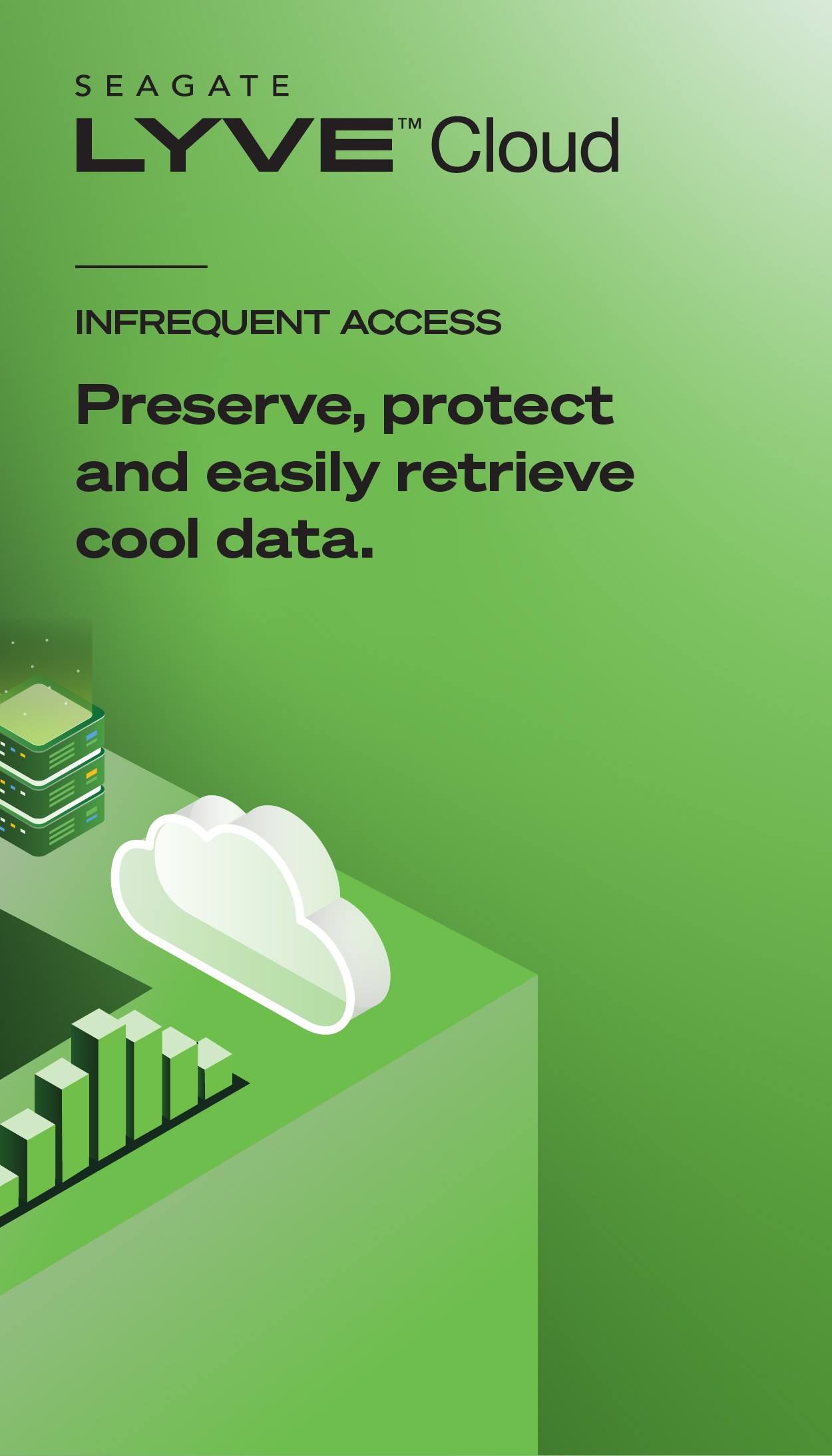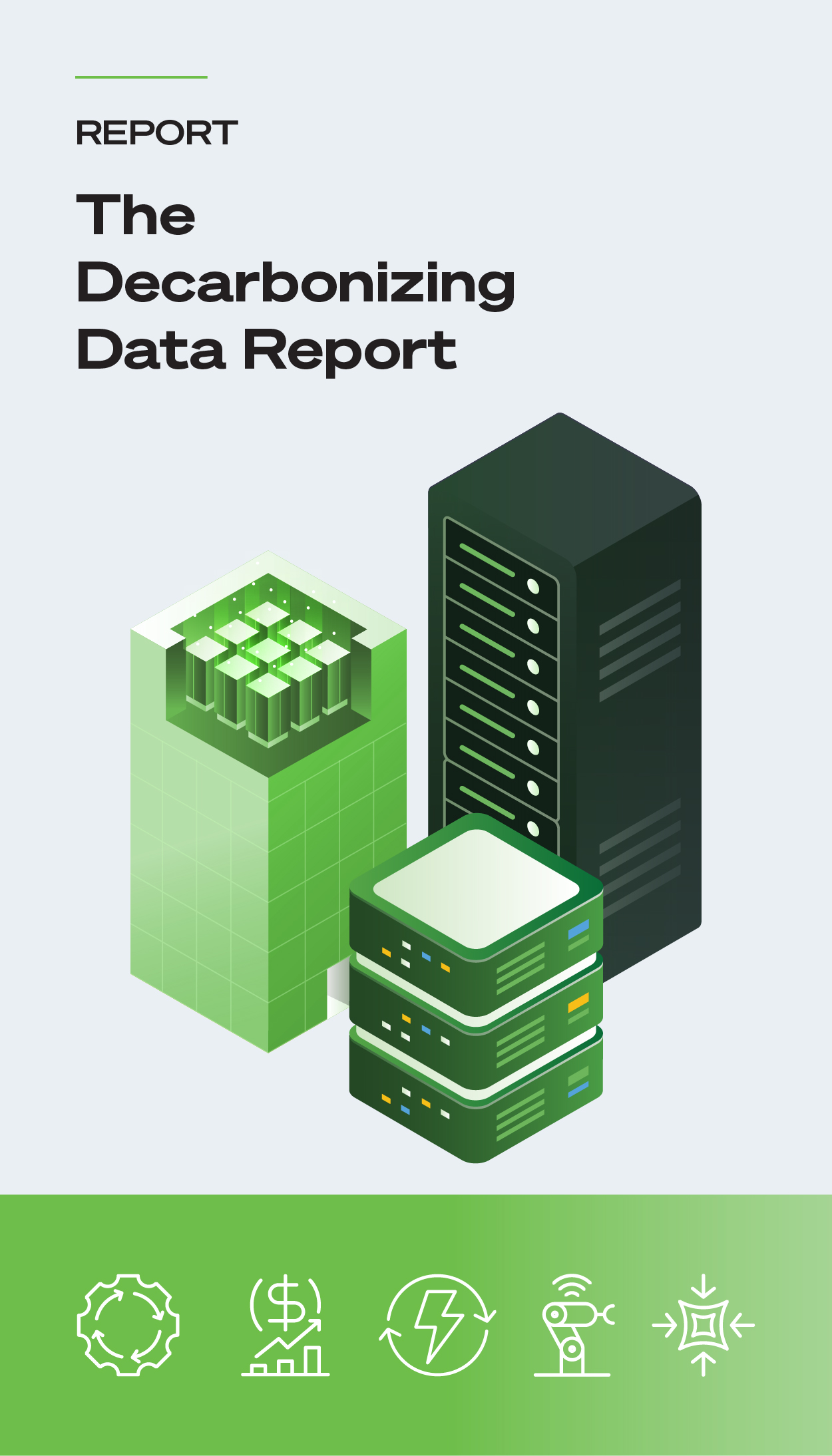Does your enterprise storage solution support your data compliance initiatives? Are you up to date with the latest consumer protection and data privacy laws that have recently been enacted? Is data compliance one of the most significant challenges facing your business in 2022?
As you are probably well aware, the enterprise storage solutions that you deploy can make or break your data compliance strategy.
A top-tier option will supplement your other data management and cybersecurity efforts. Conversely, a subpar solution can not only make you more vulnerable to cyberattack, but it can expose you to vicarious civil liability as well.
To help you identify the ideal product for your organization’s needs, we have outlined six things your enterprise storage solution needs to ensure data compliance.
What Is Data Compliance?
Data compliance is a complex and often misunderstood topic that is the source of plenty of anxiety for countless business owners.
In the general sense, the term “data compliance” refers to a company's efforts to follow the rules and regulations created by government entities or private oversight organizations. These regulations establish protocols for gathering, storing, managing, and using sensitive data.
With the right resources and solutions in place, businesses can turn data compliance into an organizational strength.
What Are Data Compliance Regulations to Know?
In the last decade, government entities around the world have released countless data compliance regulations. While you do not need to familiarize yourself with every single piece of data privacy compliance legislation, there are a few landmark acts that you must know. These include:
- General Data Protection Regulation (GDPR)
- California Consumer Privacy Act (CCPA)
- Colorado Privacy Act (ColaPA)
Of these pieces of legislation, the GDPR is one of the most comprehensive and far-reaching sets of data compliance regulations.
This act governs the use, collection, storage, and management of consumer data across the entire European Union (EU). It also establishes penalties and outlines what obligations data collectors must adhere to in order to protect consumer information.
In terms of United States (US) compliance legislation, the California Consumer Privacy Act is perhaps the most well known. However, states like Colorado and Virginia have recently created their own consumer protection laws. If this trend continues, additional states will follow suit in the coming years.
Data Compliance Challenges Seen by Cloud Enterprise Storage Solutions
Cloud enterprise storage solutions must overcome several distinct challenges to provide businesses with adequate data compliance protection. Some of these challenges include:
Migration and Data Transfers
Migrations and data transfers are by far the biggest data compliance threats facing businesses that rely on enterprise cloud storage solutions. When companies conduct business internationally, the consumer data that they collect is often transferred to a server or set of servers located in the nation where they are based.
Legislation such as the GDPR has prohibited this long-standing practice. According to the provisions of the GDPR, businesses must store data involving EU residents on assets located within an EU member state.
This means that US-based businesses cannot migrate EU consumer data to stateside servers without violating the GDPR.
Data Visibility
Data visibility is a key component of compliance with consumer privacy laws like the GDPR and CCPA. To avoid violating compliance regulations, businesses must proactively keep their data visible by creating a comprehensive data inventory.
Companies can use specific cloud functions to inventory various types of data. Examples include:
- Object storage
- Block storage
- File sharing
- Big data
- Cold storage
Enterprise storage solutions will facilitate this process by merging various cloud storage services into a single architecture.
Access
While each data compliance act is unique, virtually all of them guarantee consumers the right to access their information. In addition, these laws typically grant consumers the right to data portability as well, which means they can request to receive a copy of all information that a company has collected about them.
In order to honor these two consumer rights, businesses must implement robust data inventory management practices. They will need to be able to quickly and accurately pull consumer data when they are being audited or when they receive an access/portability request.
6 Things Your Cloud Storage Needs for Data Compliance
When searching for an enterprise cloud storage solution that will enhance your data compliance efforts, ensure that it includes the following capabilities:
1. Ability to Preserve Data in WORM Format
Every enterprise data storage solution should preserve data in a write once read many (WORM) format.
This format means the files cannot be modified after they are written onto the storage medium. Conversely, non-WORM solutions allow users to modify data endlessly. A WORM storage format protects the integrity of data files, which is important for compliance purposes.
2. Ability to Prevent Deletions or Modifications to Important Data
Enterprise data solutions must also include the ability to prevent the deletion or modification of business-critical data. Otherwise, unauthorized users could compromise vital files and expose your organization to liability.
3. Duplicate Records Stored in Backup or Offsite
Your business should store duplicate records either offsite or on a secure backup server.
This setup will provide you with a fallback option if your primary server is compromised by a natural disaster or cyberattack. Not only is creating duplicate records a good idea, but many data compliance laws require businesses to back up their files.
Consider investing in a cloud backup solution to help enhance security capabilities. Seagate Lyve Cloud is compatible with partners like Commvault or Cohesity to ensure efficient and secure cloud data backups.
4. Ability to Readily Download and Access Records
The best enterprise storage solutions will give your team the ability to rapidly locate, access, and download important records.
When a consumer makes an access or portability request, your company is required to respond to the request within a predetermined time frame. Otherwise, you will be found out of compliance.
5. Internal Processes Allowing for Regular Data Audits
Performing regular, internal data audits is one of the most pragmatic ways to ensure data compliance. These audits serve as a litmus test that gauges the efficacy of your compliance efforts and can also prepare your team for external audits.
When searching for an enterprise storage solution, find one that includes tools and processes that facilitate data audits.
6. Investing in Secure Cloud Data Compliance Solutions
Investing in cloud-based data privacy compliance solutions like Seagate Lyve Cloud can help your business avoid violating stringent acts like the GDPR or CCPA.
Our solution facilitates frictionless storage and scales effortlessly so it can grow with your business. Contact Seagate to learn more about our data compliance products and services.











